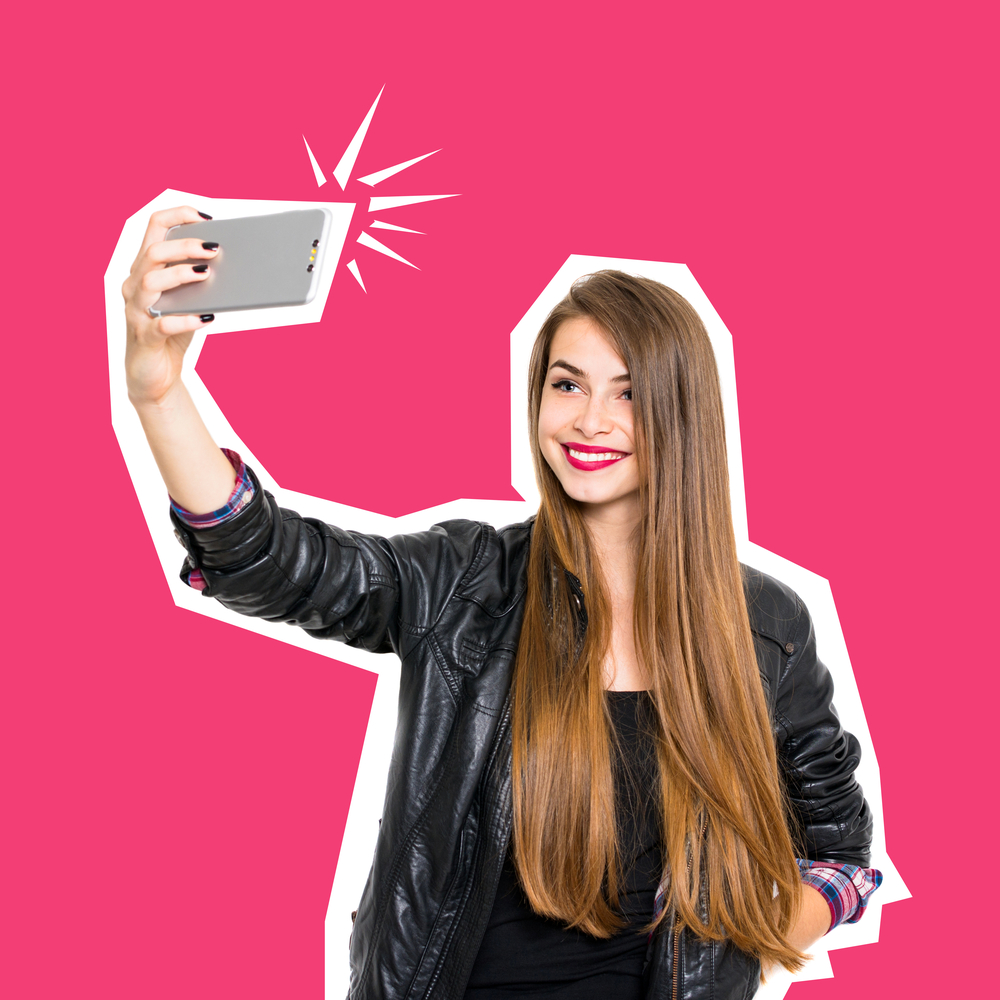New research by the University of Munich shows that 77% of people take selfies regularly. You’d have thought the selfie would have lost its cool edge once politicians, or dads, started taking them. David Cameron attempted this millennial trend a couple of years ago, by taking one with Obama at Nelson Mandela’s funeral. However, the art of capturing one’s own face before delivering it to a social media site is yet to fall out of popularity. So what is it about this phenomenon that drives us to keep taking them?
It is certainly not viewing them. The research showed that most people really don’t enjoy looking at them. 82% of respondents said they’d rather see regular photos than selfies. So, it is the art of taking and showing them then, that is the heart of their appeal.
This is because taking selfies makes you happy. In a study where different groups were asked to either: take a photo of something that made them happy, something that would make someone else happy or just take a selfie, it was the selfie-taking group that became more “confident and comfortable” over time. This shows why selfie taking has spread so fast. People now won’t walk past a famous monument, see a friend or have a coffee without wanting to take a selfie. It is an act that heightens our enjoyment of the world around us – allowing us to share ourselves, within our own lives, with those we connect to on social media.
The desire to take selfies is often thought of as self-promotion. In fact, 46% people view their own selfie as self-promotion, and view their own selfies as better than other people’s. This is maybe because we understand the jokes told in our own Snap stories, or love or care about those people we take our selfies with – and enjoy sharing those feelings or jokes. Interestingly, despite only 46% of people believing their own selfies are “self-promotion”, a full 90% of people think that other people’s selfies are “self-promotion”. Clearly then, we are feeling rather cynical and narcissistic about the selfie.
Despite the positives of the taking of a selfie, don’t go too mad. People who take more selfies show higher levels of narcissism and psychopathy. Psychologist Dr. Prashant Bhimani says it’s a sign of attention-seeking behaviour. “Selfie addiction can lead to mental illness and insomnia,” says Dr Bhimani, recalling the case of a past patient. If a “specific number of ‘likes’ or ‘comments’ on a selfie is not fulfilled,” it may push them over the edge, she says.
Selfies then, are a critical force in the expanding social media world. We love our own, hate other people’s, and perhaps are all just self-promoting, narcissistic like-counters. Perhaps. One thing is for sure though – the selfie is here to stay.


